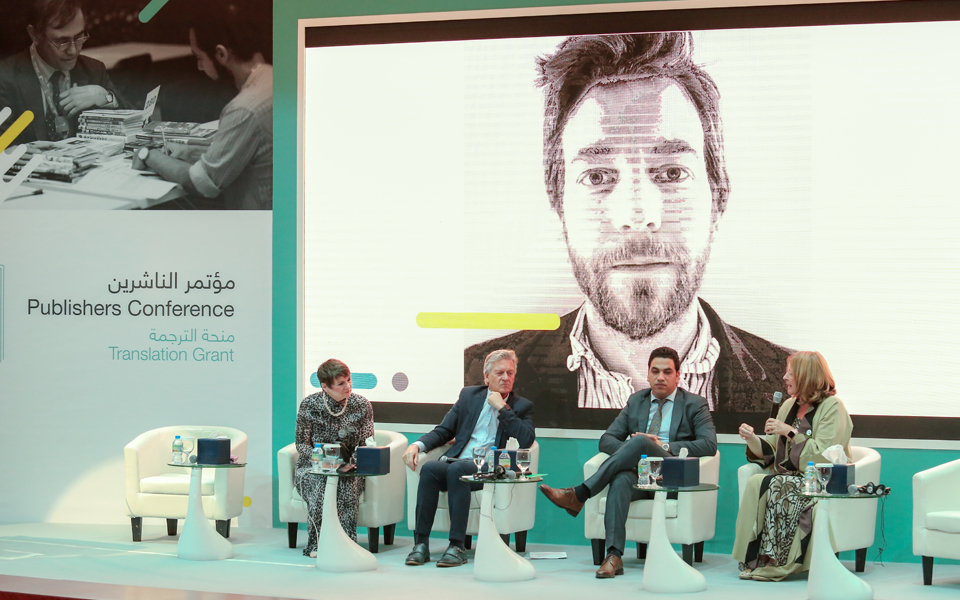Despite being stated in laws and constitutions, the freedom to publish is often “denied by latent or explicit pressure on cultural institutions run by the state,” said Mahmoud Lutfi, brother of the publisher and bookseller Khaled Lutfi, who is in prison in Egypt for publishing a translation of a title that the government did not like.
Lutfi addressed delegates at the Sharjah International Book Fair Publishers Conference where he talked about his brother Khaled who was given the International Publishers Association [IPA] Prix Voltaire, its freedom to publish prize, earlier this year.
“Speaking about the freedom to publish is a big responsibility because it means touching upon issues that are still sensitive in our Arab culture,” he said. “I would like to express my sincere gratitude to the IPA for their role in making the case of my brother visible in international media and in professional newsletters and for still considering his release as one of its priorities. This gives hope that that the Arab World could enjoy more freedom in the near future regarding publishing.”
The session was chaired by Jacks Thomas, Director of the London Book Fair, who observed: “As a publishing industry we jealously guard our freedom to publish. But we are all at different stages of industry organisation and maturity. Each country is – happily – a little different and we all have much to learn from each other.” The maturity of different countries’ publishing industries is a factor, she believes.
Daniel Gorman, Director of English PEN joined via skype and noted that the organisation believed in “free expression based on mutual respect. He added: “We would like to see PEN established in the United Arab Emirates and we continue to call for more of freedom to Publish in the UAE”.
Kristenn Einarsson noted the increasing restrictions on educational publishing in parts of Europe, with the state intervening at the expense of local publishers, while Isobel Abulhoul, CEO and trustee of the Emirates Literature Foundation, underlined the importance of understanding the culture. “One size does not fit all,” she said. “Each country is unique in culture and history. What may be acceptable in one country may not be in another.”
But she said there was a way through, and cited the example of children’s title Peppa Pig which was initially queried because Islam forbids the eating of pork but which is now widely available. Openness and discussion has an important part to play – the session itself was part of that very openness.







